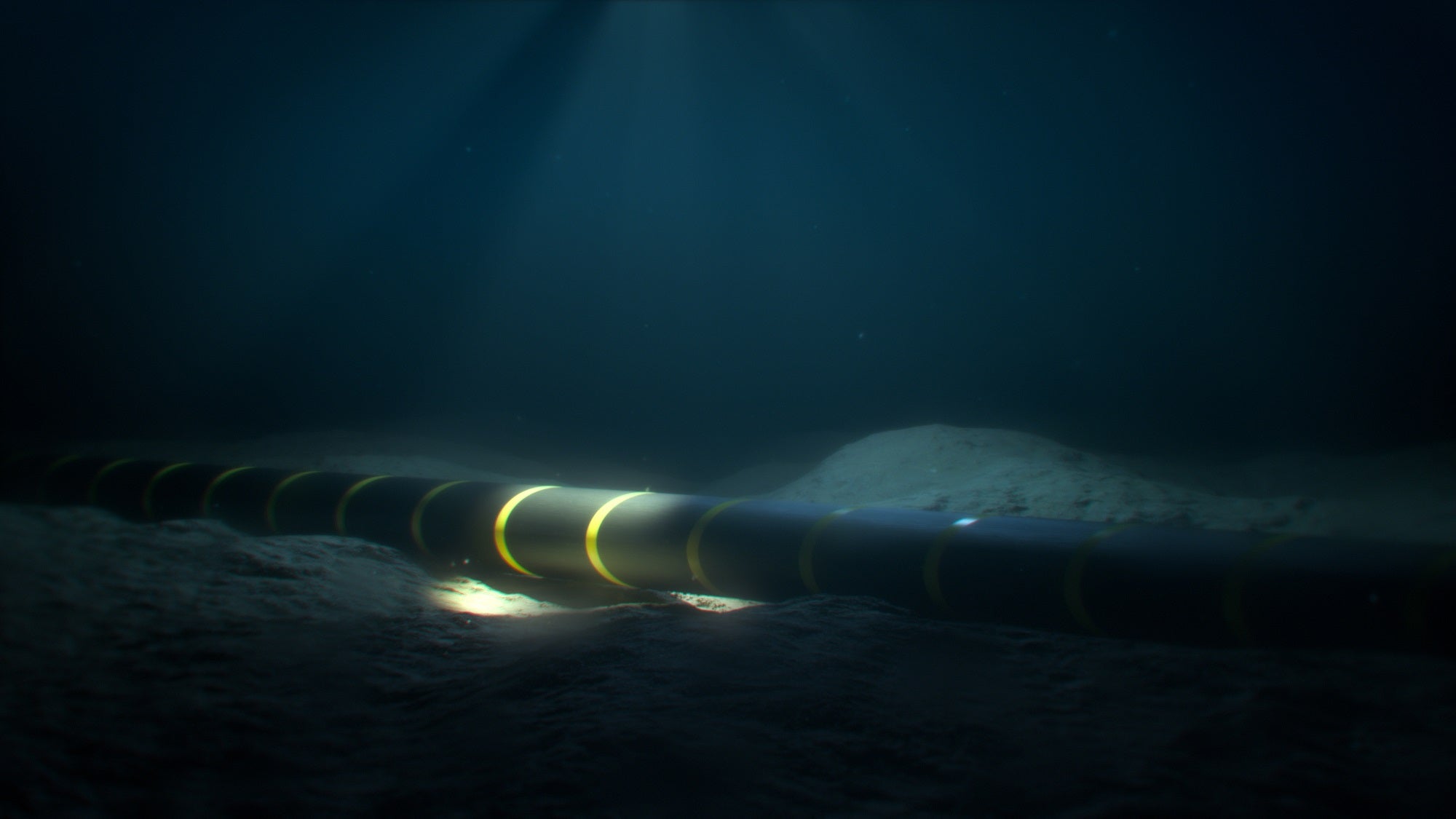
The UK is planning to build a subsea cable to Morocco that will carry renewable energy from the North African nation.
Xlinks, a renewables company chaired by former Tesco chief executive Dave Lewis, is running the project, which plans to supply solar and wind power from the Sahara to seven million British homes through 3,800km of subsea cables by 2030.
Political issues have delayed the project in the past. It was supposed to generate power by 2027, but in December 2022, that start date seemed unlikely as Xlinks had failed to secure a ‘contract for difference’ (CfD) on time. CfDs offer companies producing renewable energy a guaranteed price for their output to incentivise investment in an industry with uncertain rates of return on capital.
Interest in the subsea cables has since been renewed. Claire Coutinho, the UK Minister for Energy Security and Net Zero, said the plan was important as it would help Britain move away from fossil fuels.
“The proposed project could play an important role in enabling an energy system that meets the UK’s commitment to reduce carbon emissions and the government’s objectives to create a secure, reliable and affordable energy supply for consumers,” she stated.
Xlinks said the project will provide 10,000 jobs in Morocco, of which 2,000 will be permanent.
However, building the subsea cable will be a significant challenge. The company still needs to secure more funding, be granted permission to build through Spanish and French waters and agree on long-term pricing contracts. Lewis estimates it will cost between £20bn and £22bn.
The government recognised the project as one of “national significance” that is expected to deliver 3.6GW of low-carbon electricity to the UK grid. The cable will make landfall at a substation near Alverdiscott in Devon.



